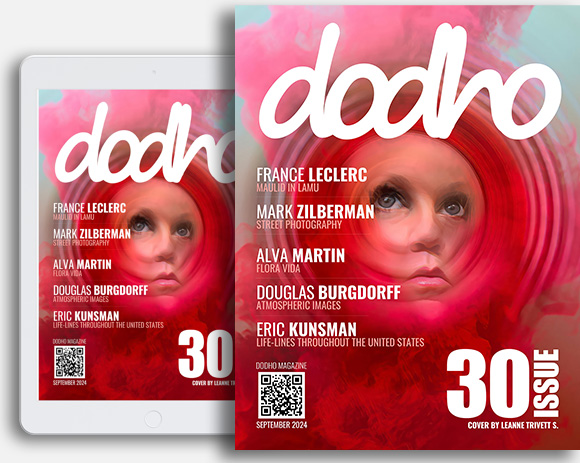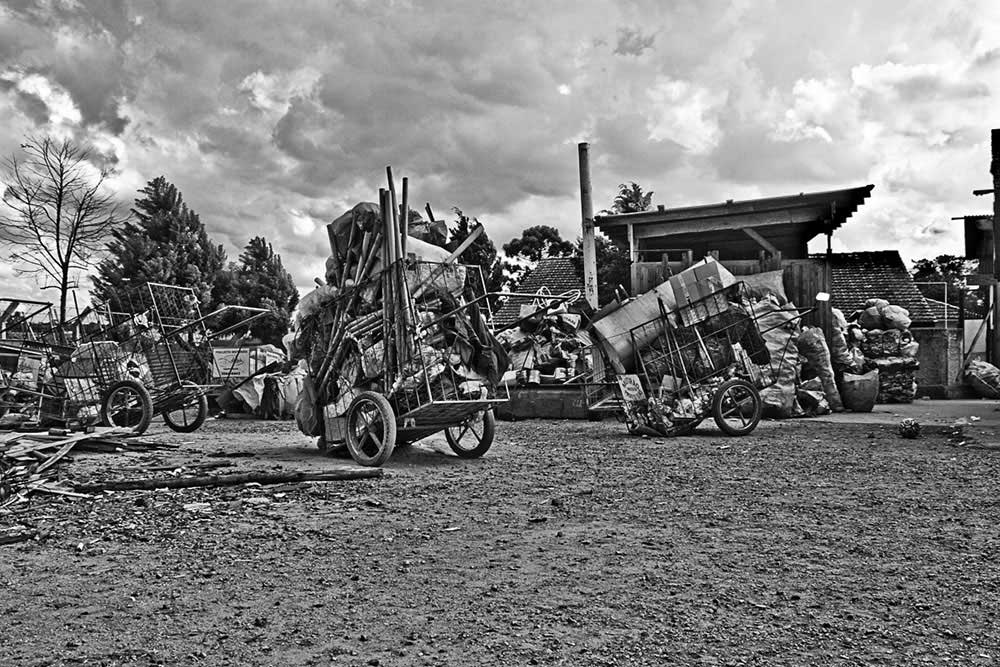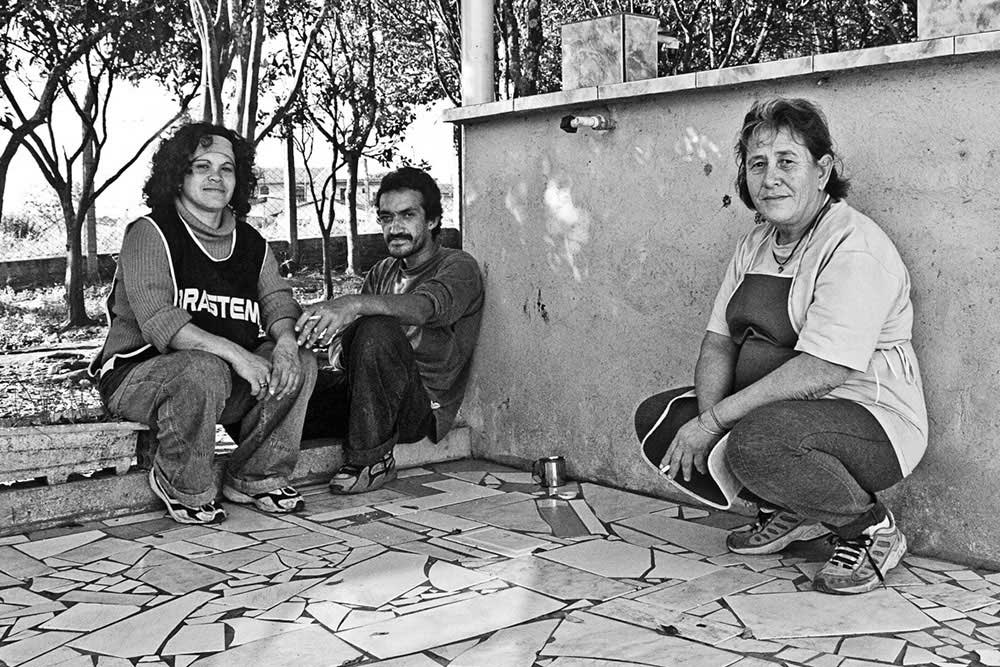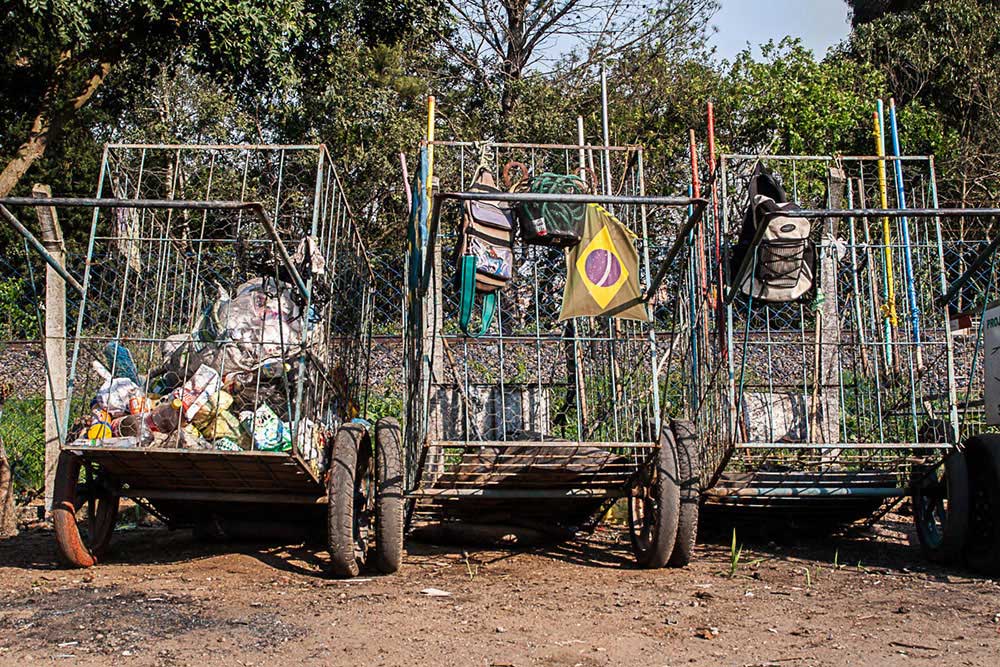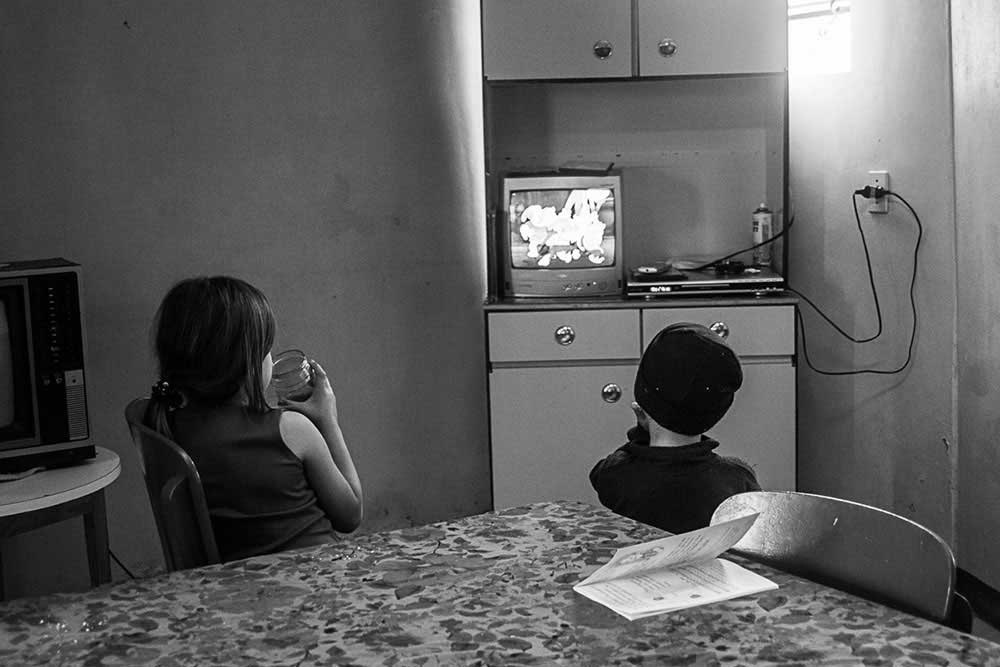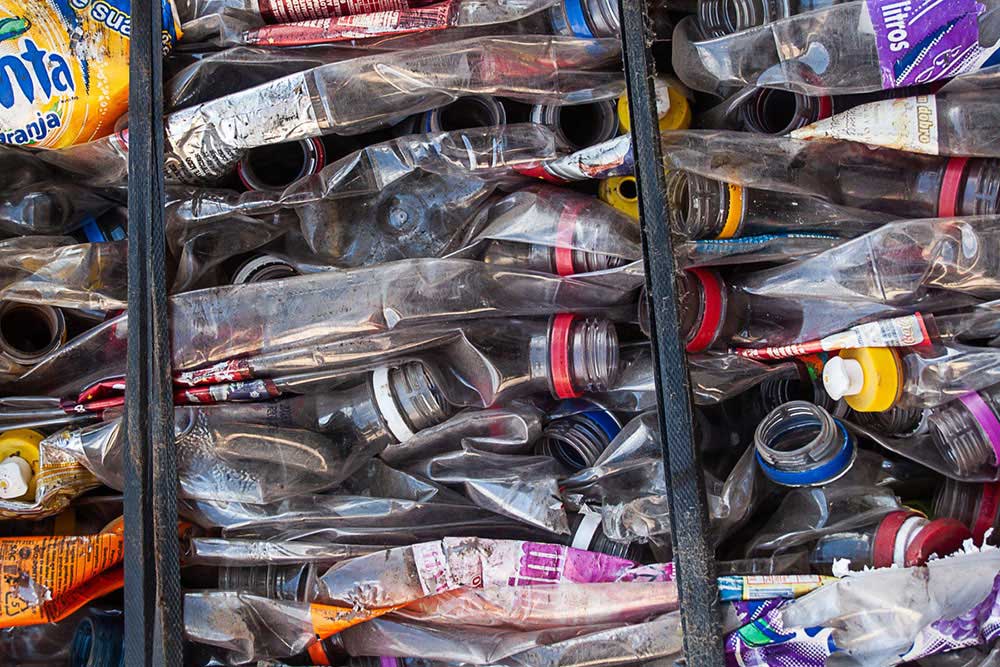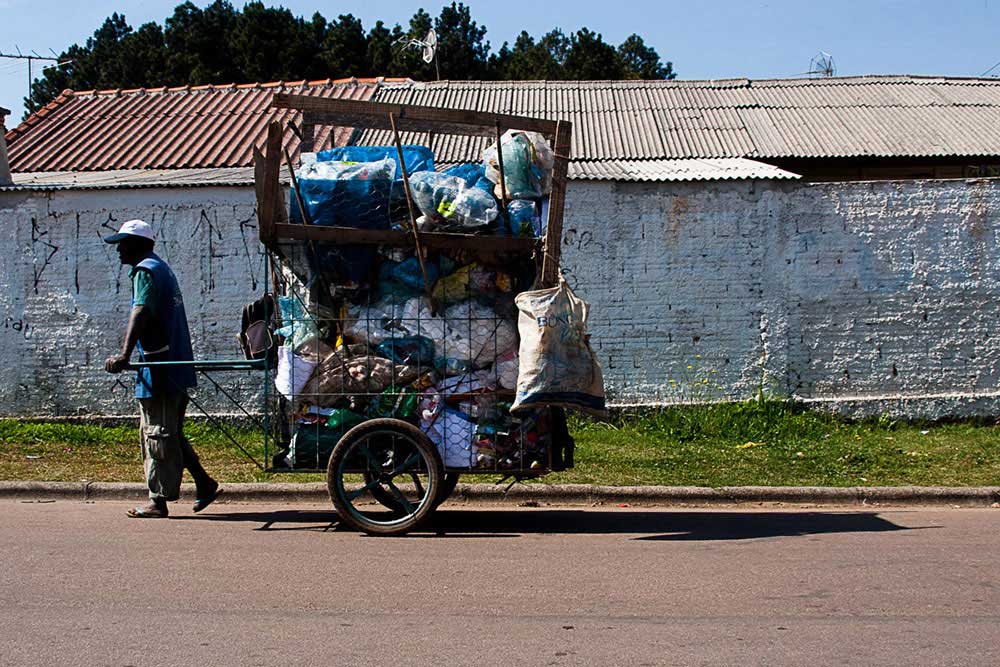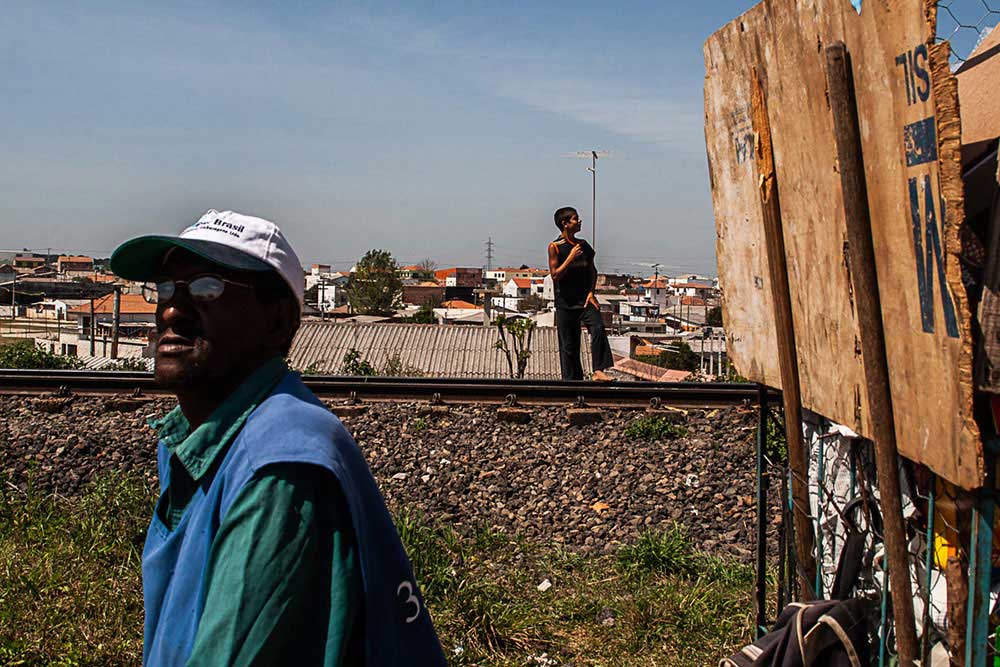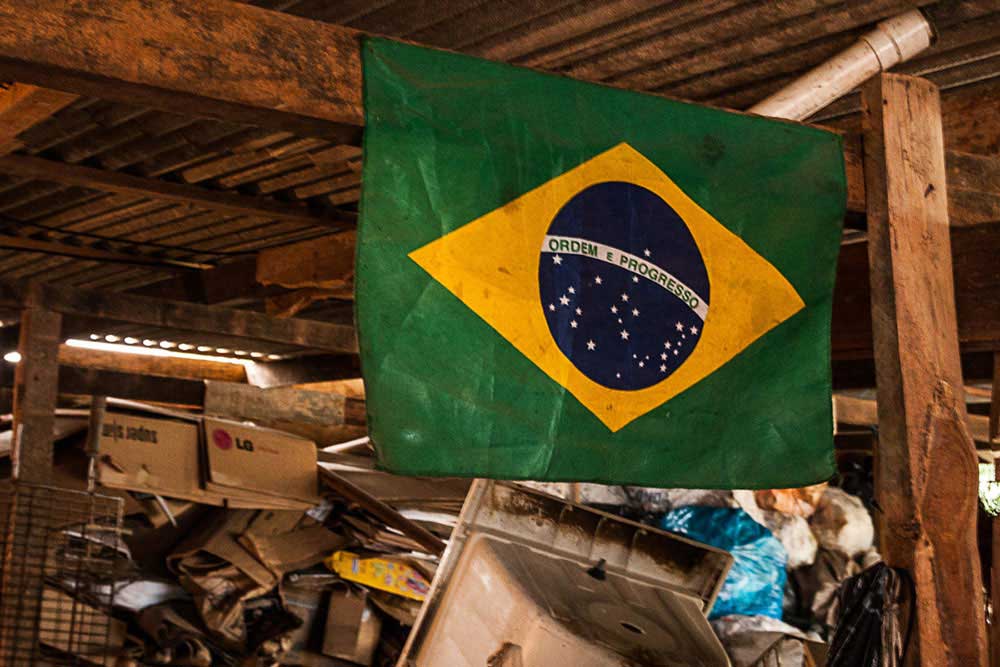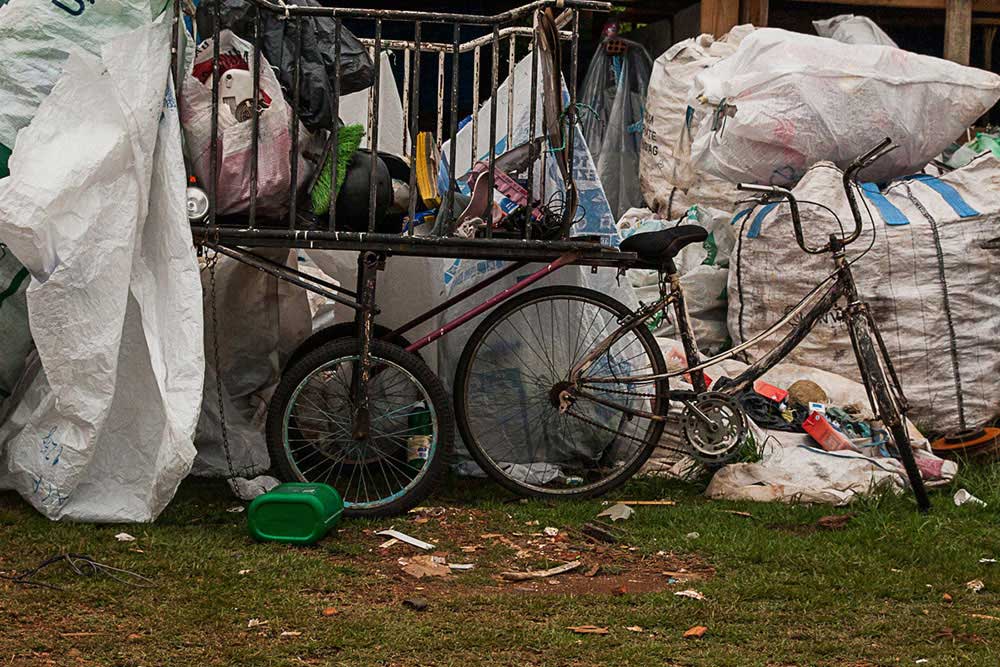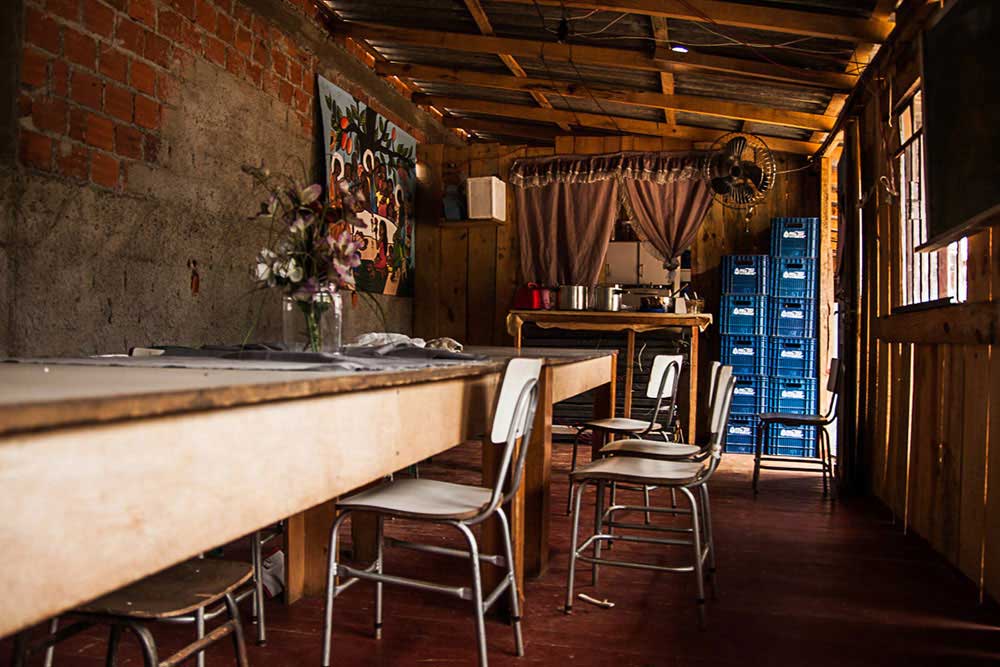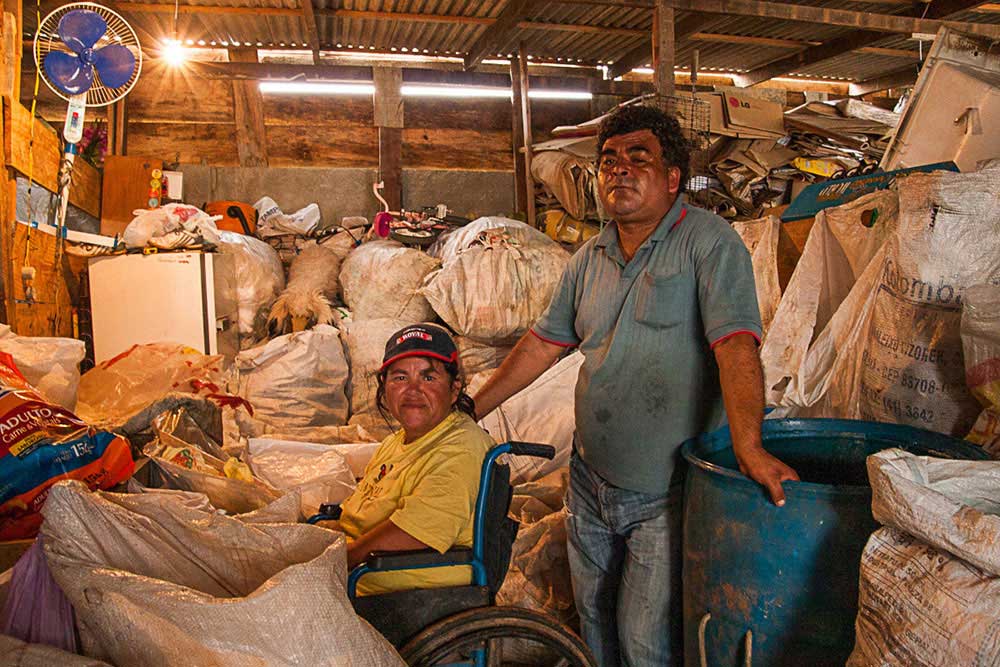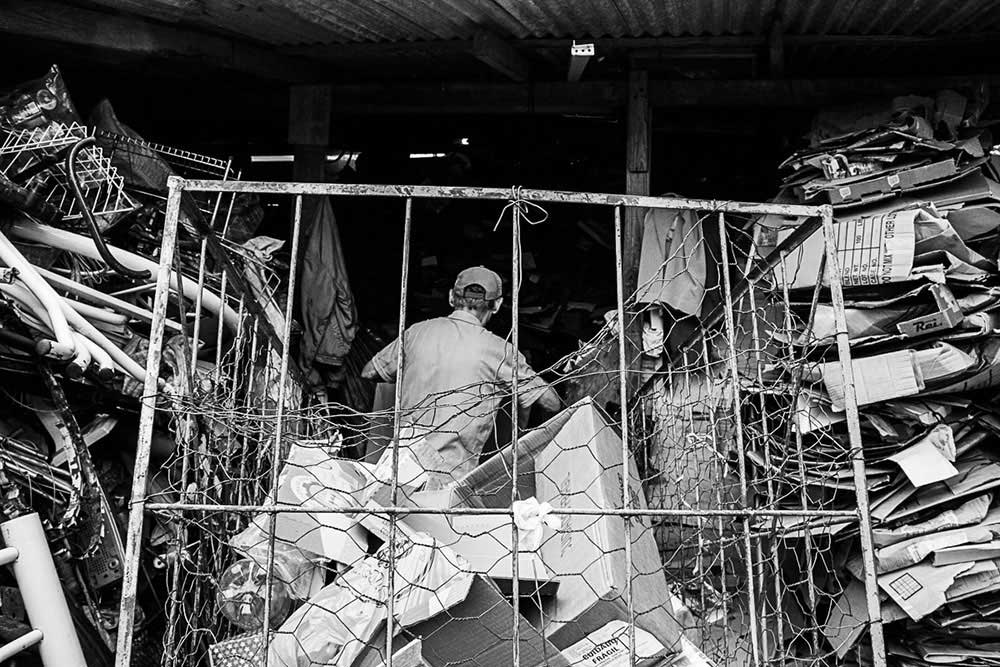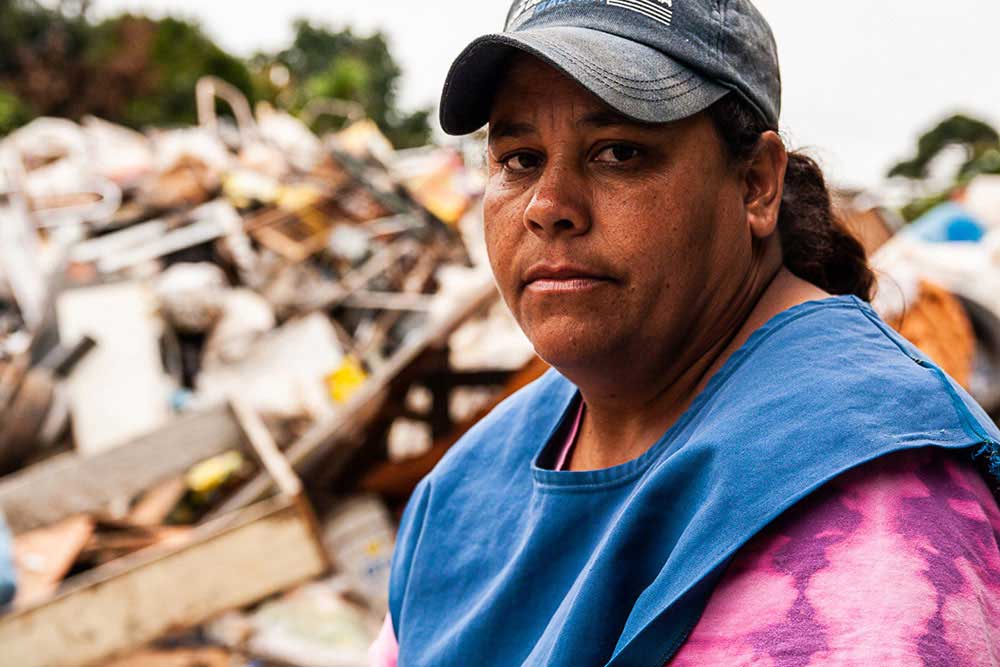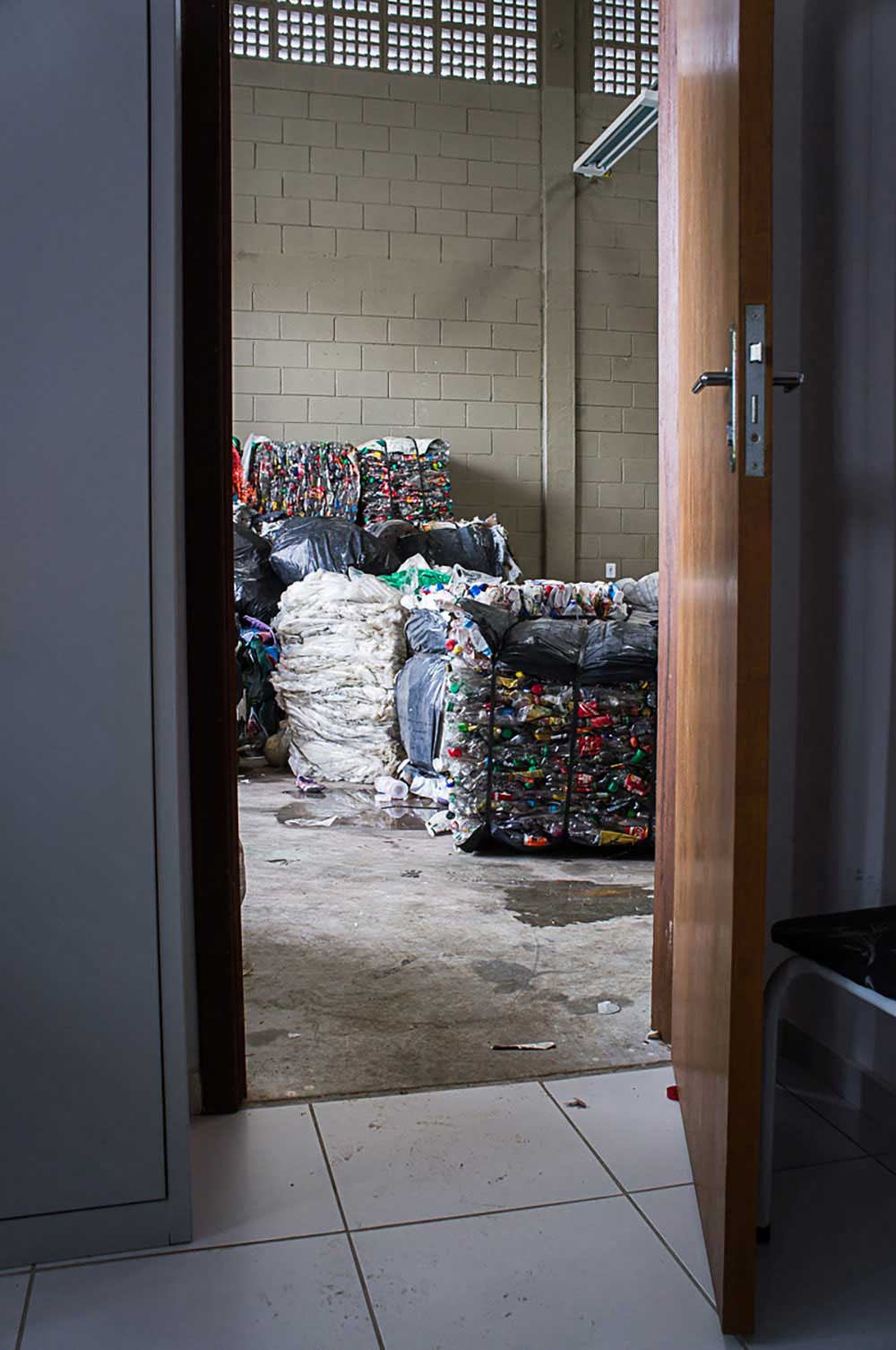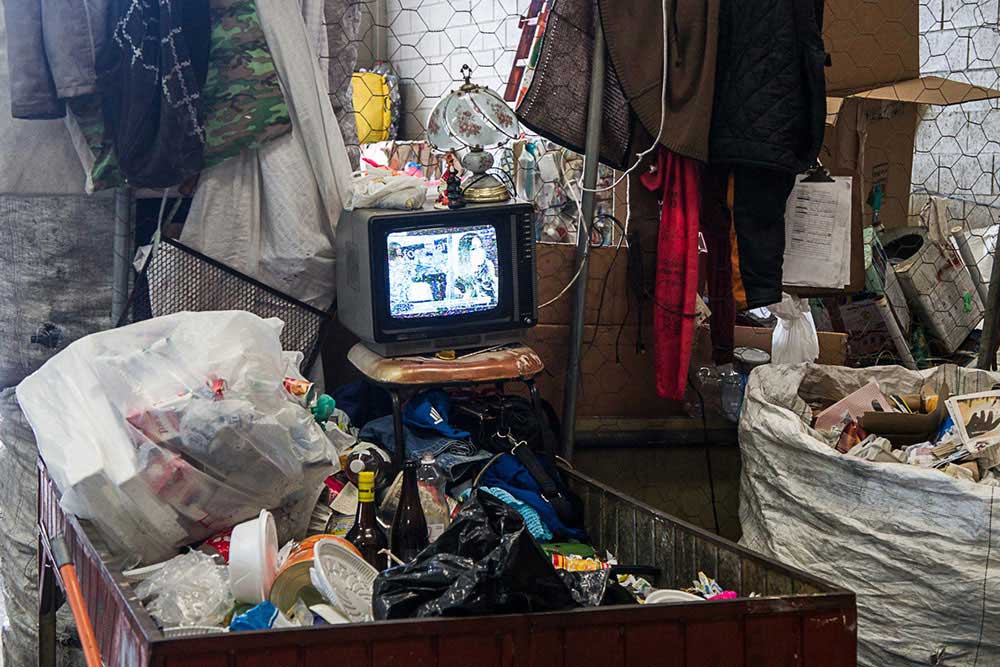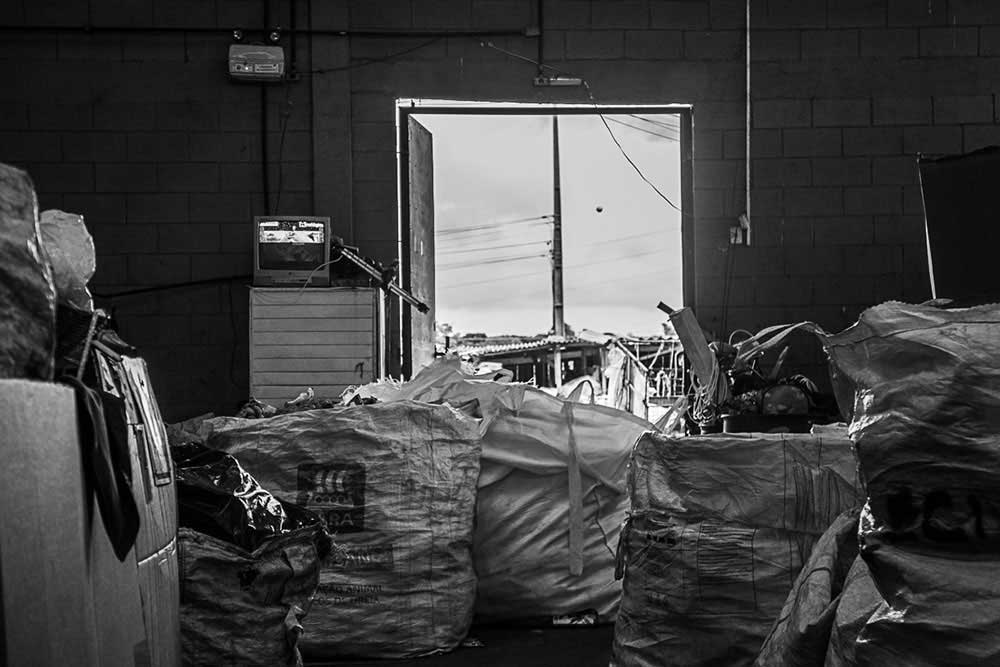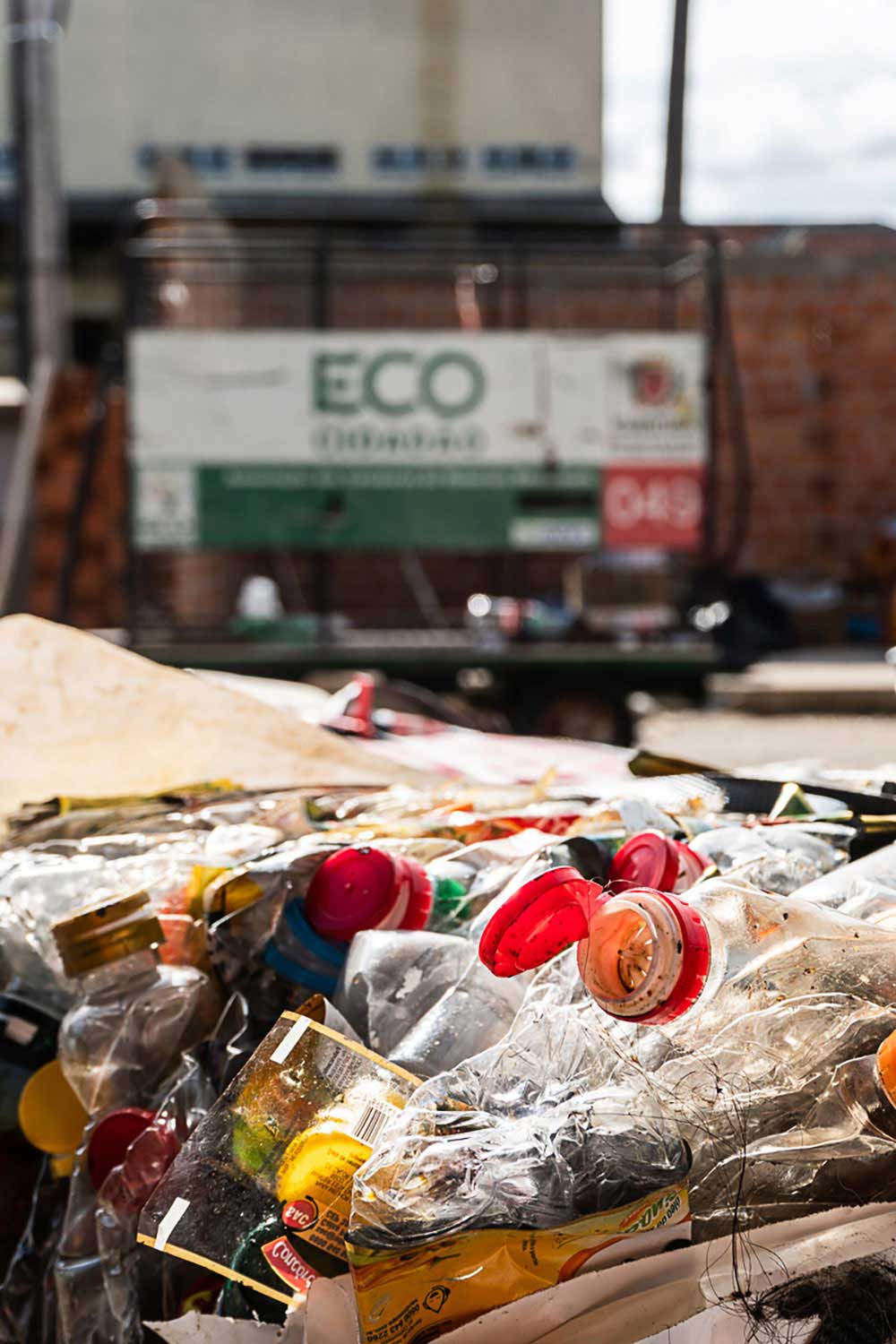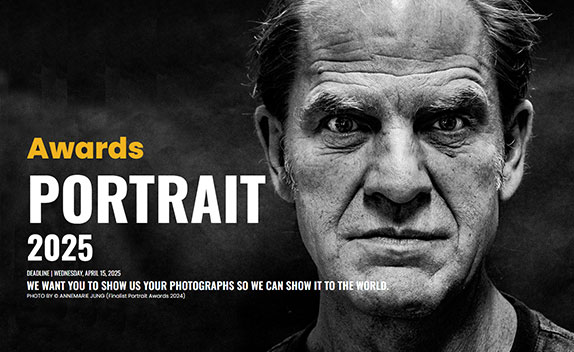Sustainability, sustainable development, conscious consumption, environmentally friendly and recycling are among the trending expressions nowadays in the media.
These were already incorporated in my vocabulary and habits but a few years ago, walking around my home town – Curitiba, considered a role model in environmental practices – my eyes were drawn by a painful reality: the lives of several people struggling to survive on the streets, collecting recyclable materials to sell so that they would have something to eat and be able to feed their families. These people are important actors on the waste management of urban spaces but are overlooked, and even discriminated, by most of the population and by the government. Over a million people are living in these conditions in Brazil but less than 20% have access to fair work conditions, with a structure to take care of their children, to have proper meals whilst following minimum safety requirements.
For the last 10 years I’ve been documenting a case of success, among a few other initiatives, to organize these garbage collectors in an association. Projeto Mutirão has become an independent organization supporting more than 15 families, providing them with social assistance, equipment, healthcare and training to become a self-managed business. This is only a small example of good practices which could be implemented and involves the participation and support of the whole community.
Some statistics:
- Over 140.000 tonnes of urban waste are produced daily in Brazil. From this amount less than 30% is properly treated and the rest go to city dumps.
- From waste materials only around 13% is recycled.
- Approximately 1.000.000 people survive collecting and selling recyclables from urban garbage.
Approximately 88% of these are working in exploratory conditions for deposit owners who make a huge profit re-selling the recyclables to the industry.
About Ari Baiense (Aristóteles Baiense Leite)
Independent photographer with a technical degree in electronics, working for over 20 years in the oil and gas industry, started a pilgrimage on visual narratives in the late 80’s living some short professional experiences in advertisement and video but finding a personal way of expression in photography. Using it as a social transformation tool, has been developing projects with social themes, also exploring urban landscapes, always with an inquiring look. Sees the image not only as contemplation but provocation and questioning. Member of the brazilian photographer’s association FOTOTECH from 2006 to 2018. [Official Website]


